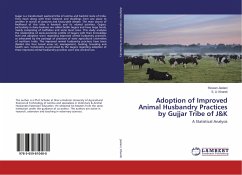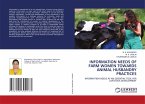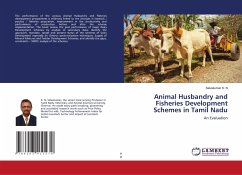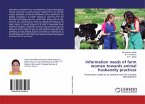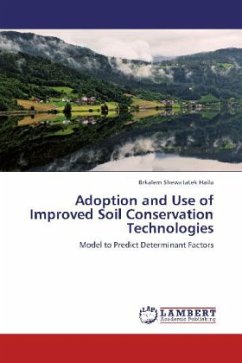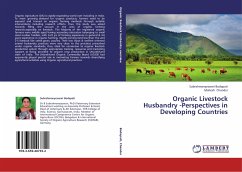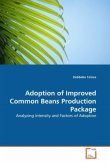Gujjar is a transhumant pastoral tribe of Jammu and Kashmir state of India. They move along with their livestock and dwellings from one place to another in search of pastures and favourable climate. The main source of livelihood of this tribe is livestock and its related activities. Gujjars, particularly in dairy business are called Dodhi Gujjars and have large herds, mainly comprising of buffaloes and some local cows. This study analyzes the relationship of socio-economic profile of Gujjars with their knowledge level and adoption score regarding improved animal husbandry practices, as advocated by the package of practices of state agricultural universities of northern India. The improved animal husbandry practices have been divided into four broad areas viz; management, feeding, breeding and health care. Constraints as perceived by the Gujjars regarding adoption of these improved animal husbandry practices were also worked out.

